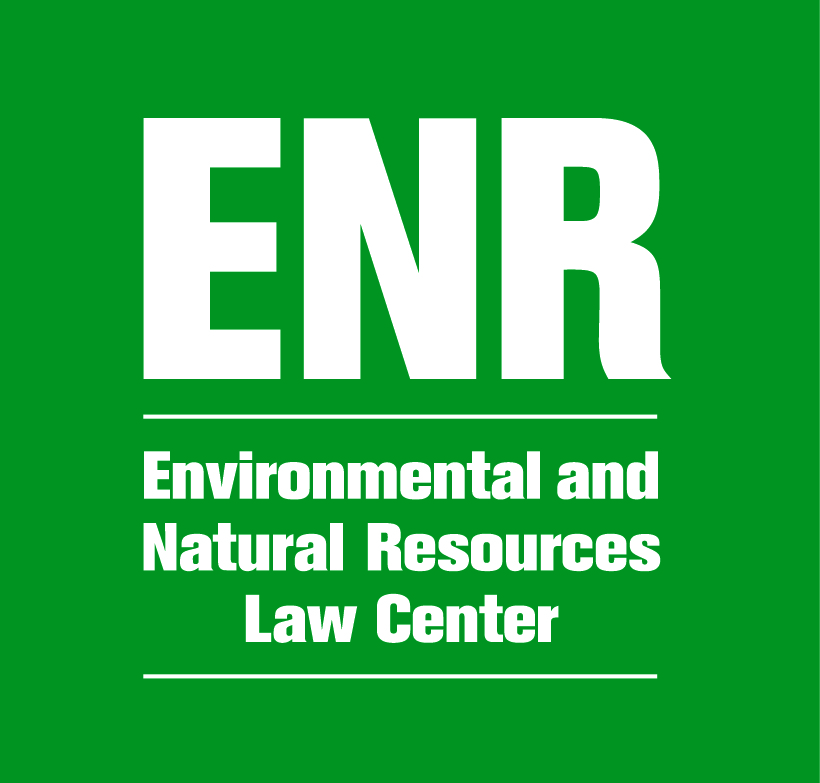By: Zoe Grant
As the need for legal action on climate change becomes more and more pressing, several cases presenting innovative legal arguments aimed at holding both the federal government and fossil fuel industry accountable for CO2 emissions are making their way before courts across the country. In Oregon, youth plaintiffs argue that a right to a stable climate system capable of supporting life is constitutionally protected in Juliana v. United States. In Texas, there is already significant discussion surrounding litigation against oil companies to recover damages for lost property in the wake of Hurricane Harvey. However, the state with perhaps the loftiest record of tackling climate change in the courtroom is California.

In July 2017, the Office of the County Counsel for Marin County, California filed a bold new lawsuit aimed at curbing climate change in California Superior Court. The defendants in the case are some of the world’s biggest oil and coal producers including Chevron, ExxonMobil, BP, Shell, Citgo, Conoco Phillips, Peabody Energy Corporation, and Arch Coal, Inc. among several others. This case demonstrates numerous creative new applications of tort law principles as legal tools in the fight against climate change.

The causes of action listed in the complaint include public nuisance, private nuisance, negligence and trespass. The complaint alleges infrastructure damage, increased flooding, and impairment of coastal property, all as side effects of climate change occurring in Marin County. The County is proceeding using the legal theory that it has incurred significant material expenses as a direct and proximate result of fossil fuel companies’ acts and omissions. Complaint at 78, Marin County v. Chevron Corp. et al., No. Civ. 1702586 (Cal. Super. Ct. July 17, 2017.) Perhaps most interesting are the product liability claims also included in the suit. Marin County alleges strict liability on the part of the defendants for their failure to warn of the dangers of fossil fuels and for design defects in fossil fuel products based on the risks they pose to consumers. “It was practical for Defendants…in light of their extensive knowledge of the hazards of placing fossil fuels into the stream of commerce, to pursue and adopt known, practical, and available technologies, energy sources, and business practices that would have mitigated their greenhouse gas pollution and eased the transition to a lower carbon economy, reduced global CO2 emissions, and mitigated the harms associated with the use and consumption of such products.” Id. at 89.

https://static.pexels.com/photos/221012/pexels-photo-221012.jpeg
The Marin County case is part of a growing cannon of litigation using legal theories that go beyond traditional administrative regulations on the environment to combat the climate change problem. Environmental advocates are beginning to take full advantage of legal tools that have been successfully applied in support of other causes. Similar to the novel constitutional arguments made in Juliana v United States, the claims in Marin County v. Chevron Corp. et al. reimagine the extent to which tort liability might apply. Courts are being increasingly forced to confront the seriousness of climate change and the urgent need for judicial action. The remedies sought in the Marin County case are compensatory damages, equitable relief to abate the nuisances complained of, punitive damages, disgorgement of profits, costs of the suit and reasonable attorneys’ fees. Id. at 99.
